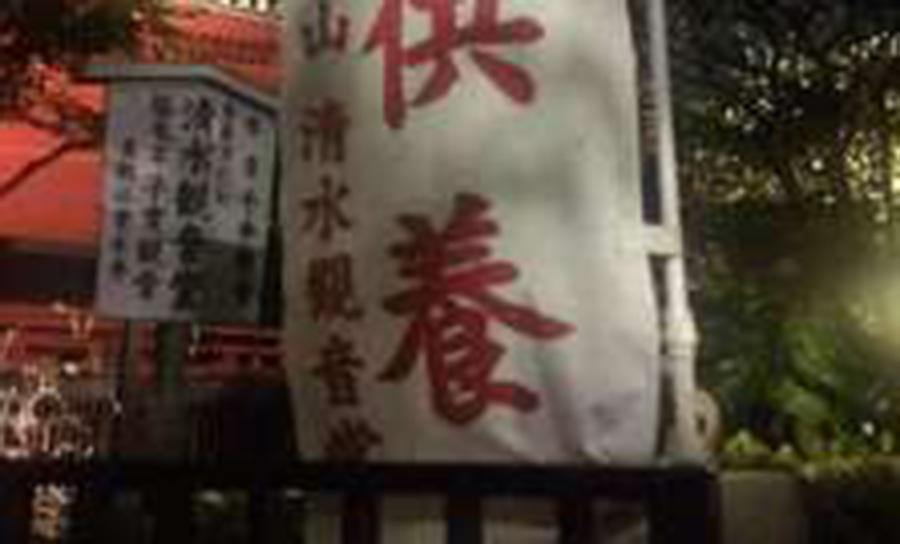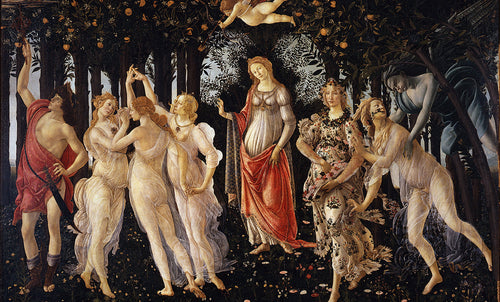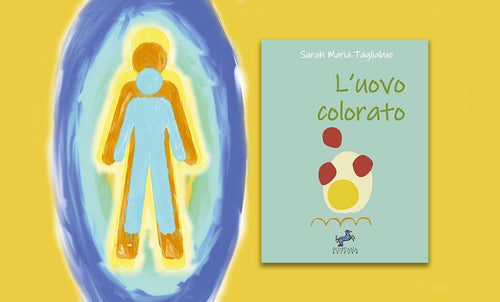
The Japan we fail to see, part one
Francesco BaldessariIn Japan magic exists. The world view of the Japanese is closer to that of Merlin the magician's than to ours because they do not truly believe in science. Unlike the Enlightenment West, they find it practical, but do not consider it an absolute truth.
According to science, the behavior of things is at least in principle predictable. Things fall down, not up. In Japan this is in general, but not necessarily, true because things can act on their own, essentially out of their own volition. And decide to fall upwards.
Words and numbers for example have power, and spells are an accepted reality in Japan, as you will find out the first time you will be invited to speak at a wedding. You will be asked to avoid pronouncing certain words, break and divide, for example. This is because these words at a wedding acquire a power called kotodama.
The kotodama of words manifests itself only in the proper context. You may pronounce them safely elsewhere, but not here. At the wedding those words become imikotoba, unclean words that may damage the couple's future. Many believe that if you write the word "disease" on a flowerpot you may stunt the plant's growth.
And these are NOT superstitions. Superstitions are manifestations of an individual's credulity, but in this case we have a whole society agreeing on a set of values.
If you think I am going too far, when in Tokyo you see a temple or a shrine, pay attention and often you will see the characters 人形供養 (ningyō kuyō). What they mean is that that temple, I shit you not, for a small fee will hold a funeral for your dolls so that you do not toss them with some of yourself left in them.
Consider this. The great Kan'eiji in Ueno, former official graveyard of the Tokugawa shoguns, does it. See the photo. It announces the availability of doll funerals.
This is not a publicity stunt.
Francis Baldessari
















































